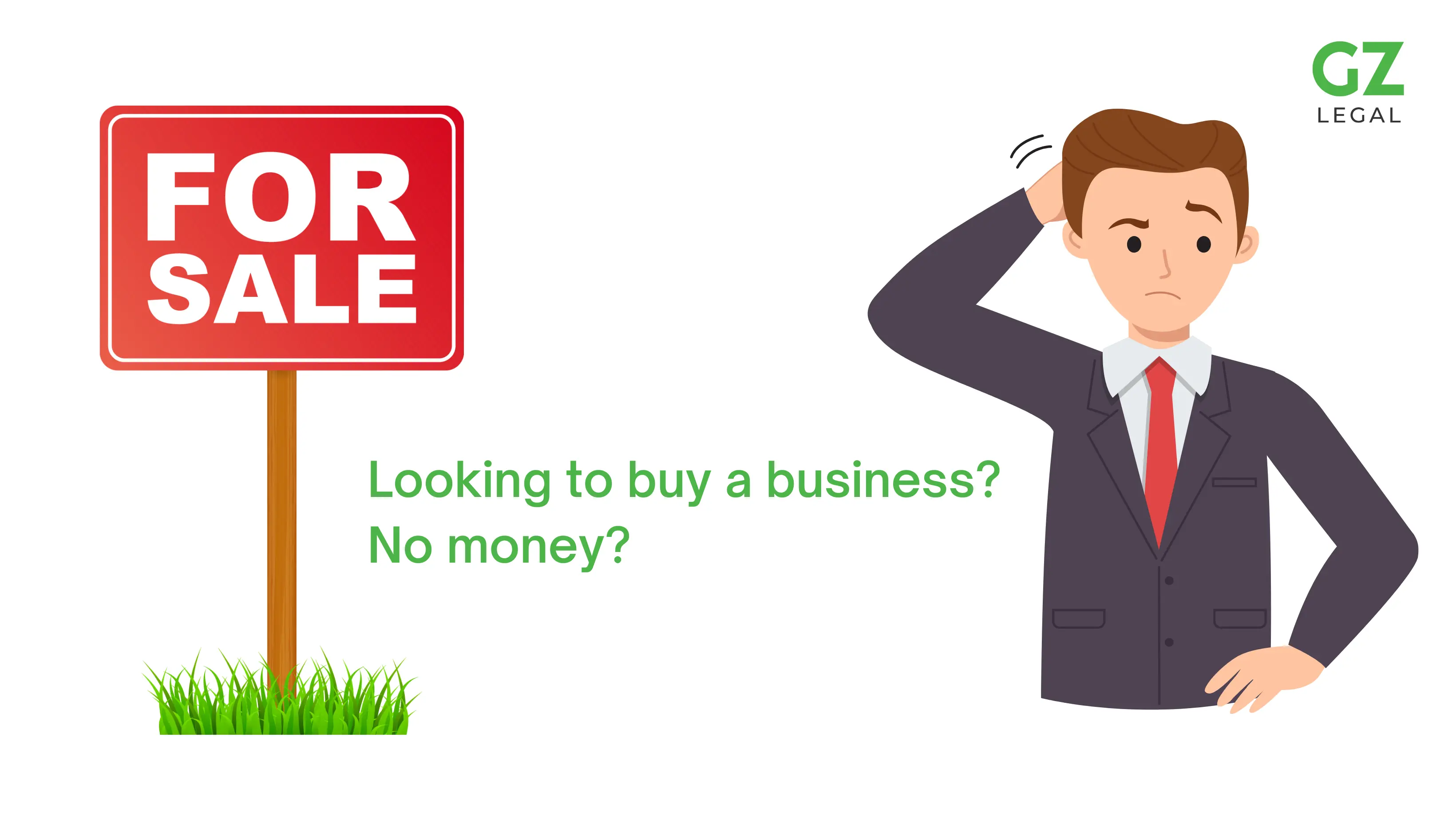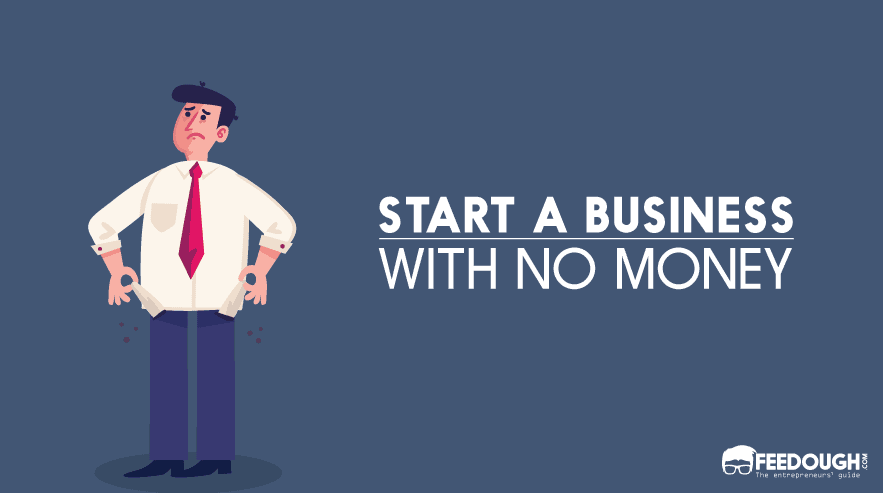Can I Buy A Business With No Money

The dream of owning a business is a powerful motivator for many, but the often-cited need for substantial capital can feel like an insurmountable barrier. But is it truly impossible to acquire a business without putting down any of your own money? The answer is complex and depends on a variety of factors, including the type of business, the seller's motivation, and the potential buyer's skills and resources.
This article explores the pathways, challenges, and considerations involved in buying a business with no upfront investment, examining the strategies and realities of this ambitious endeavor. We will delve into the creative financing options, the importance of due diligence, and the crucial role of negotiation in achieving this financial feat.
Creative Financing: The Key to No-Money-Down Deals
The cornerstone of acquiring a business without personal funds lies in creative financing. This often involves strategies that rely on the business's existing assets or future earnings to secure the purchase, minimizing or eliminating the need for a large initial cash outlay. Several methods can be employed, each with its own set of advantages and disadvantages.
Seller Financing
Seller financing, also known as owner financing, is perhaps the most common and straightforward approach. In this arrangement, the seller essentially acts as the bank, providing a loan to the buyer to cover a portion or all of the purchase price. The buyer then repays the loan over time, typically with interest, from the business's profits.
This can be attractive to sellers who are confident in the business's future prospects and are willing to defer receiving the full purchase price immediately. It also signals a strong belief in the business's sustainability, potentially reassuring the buyer.
Leveraged Buyouts (LBOs)
A leveraged buyout involves acquiring a company using a significant amount of borrowed money. These deals are typically pursued by investment firms, but individual entrepreneurs can also explore LBOs for smaller businesses. The assets of the acquired company often serve as collateral for the loans.
Success hinges on the business's ability to generate sufficient cash flow to service the debt. This strategy is inherently risky, as it relies heavily on future performance and can be vulnerable to economic downturns.
Earnouts
An earnout structure allows the seller to receive a portion of the purchase price based on the future performance of the business. This approach aligns the seller's interests with the buyer's success, providing an incentive for the seller to assist with the transition and ensure continued profitability.
The terms of an earnout can vary widely, often tied to specific revenue or profit targets. It’s essential to clearly define the metrics and timelines to avoid disputes down the road.
The Importance of Due Diligence
Before committing to any no-money-down acquisition, thorough due diligence is paramount. This involves a comprehensive investigation of the business's financial records, legal compliance, operational efficiency, and market position.
Uncovering hidden liabilities or potential risks can save the buyer from significant financial distress later on. It's recommended to enlist the help of experienced professionals, such as accountants, lawyers, and industry experts, to conduct a thorough review.
Negotiation and Relationship Building
Successful no-money-down acquisitions often rely on strong negotiation skills and the ability to build rapport with the seller. Understanding the seller's motivations and priorities can unlock opportunities for creative deal structuring. Are they looking for a quick exit, or are they more concerned with the legacy of their business?
Building trust and demonstrating a genuine commitment to the business's success can significantly increase the chances of a favorable outcome. It’s important to present yourself as a capable and reliable successor.
Risk and Reward
Acquiring a business with no money down presents both significant opportunities and inherent risks. The potential reward is ownership without personal financial investment; however, the reliance on debt or future performance can create considerable financial pressure. According to the Small Business Administration (SBA), businesses with high debt loads are often more susceptible to failure during economic downturns.
Careful planning, due diligence, and risk management are crucial for navigating these challenges. It's important to have a realistic assessment of the business's potential and a clear strategy for addressing potential setbacks.
While buying a business with no money down is a challenging endeavor, it is not impossible. By leveraging creative financing options, conducting thorough due diligence, and mastering the art of negotiation, aspiring entrepreneurs can turn their ownership dreams into reality. However, it requires careful consideration, a strong understanding of financial risks, and a commitment to long-term success. Always consult with financial and legal professionals before making any significant investment decisions.


















